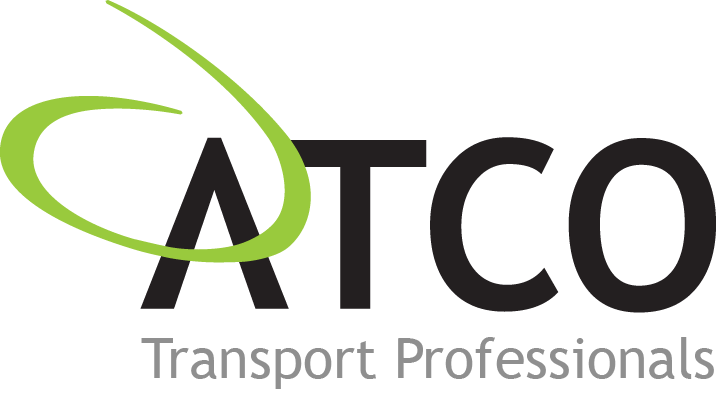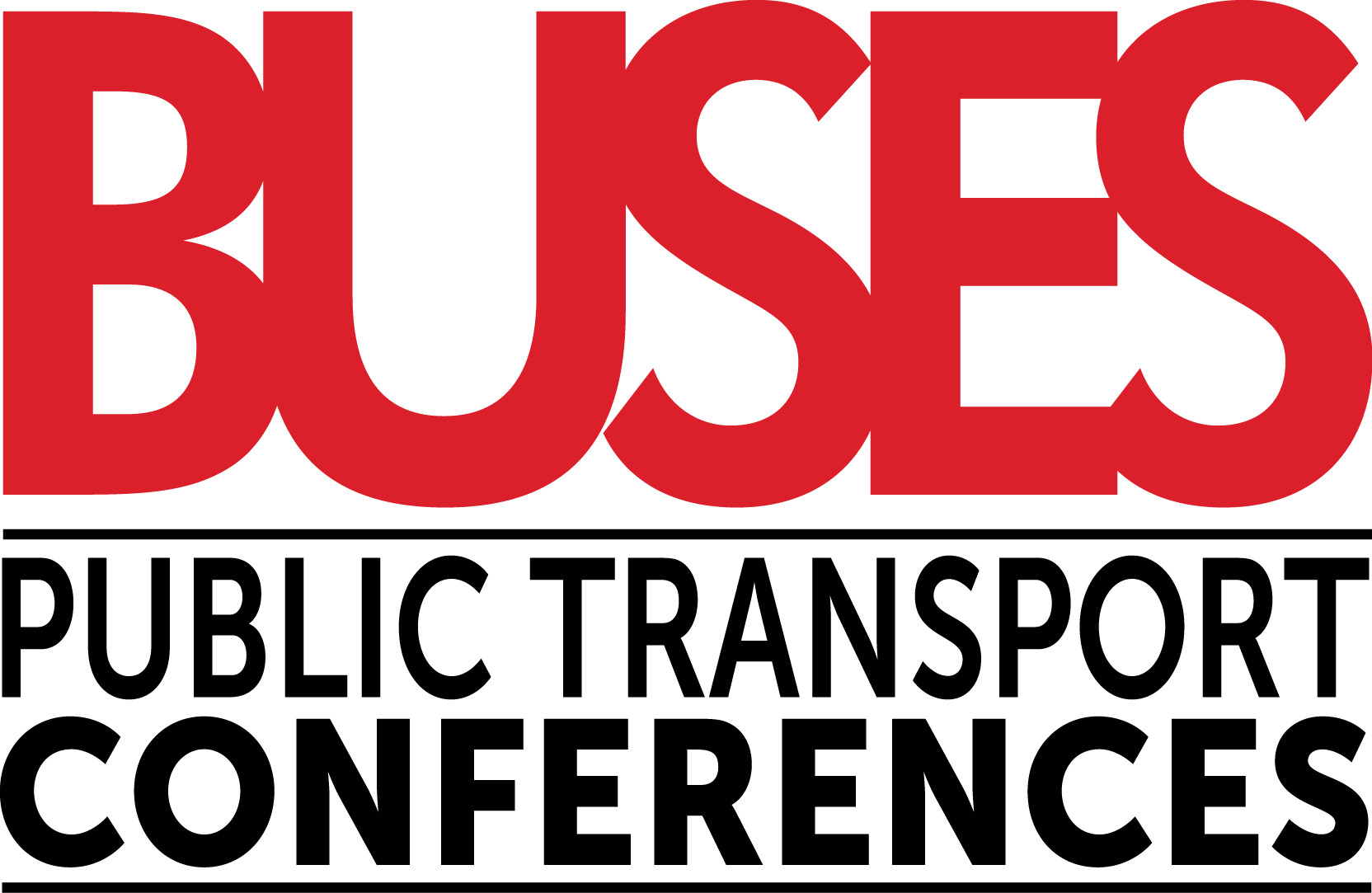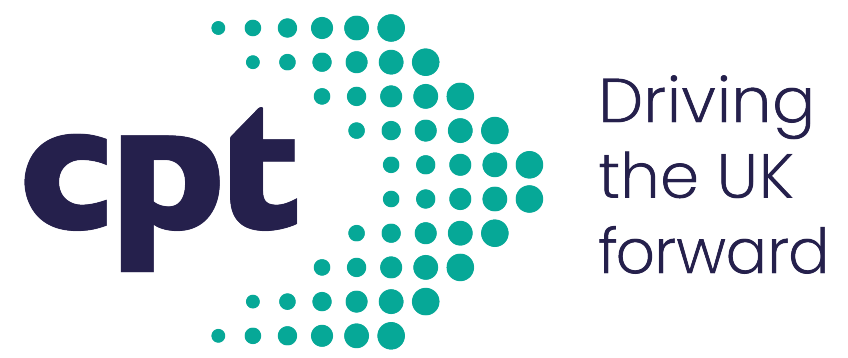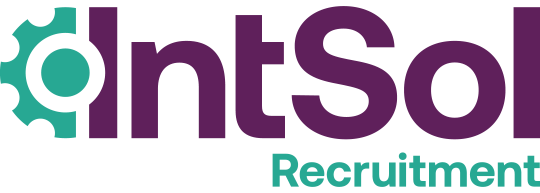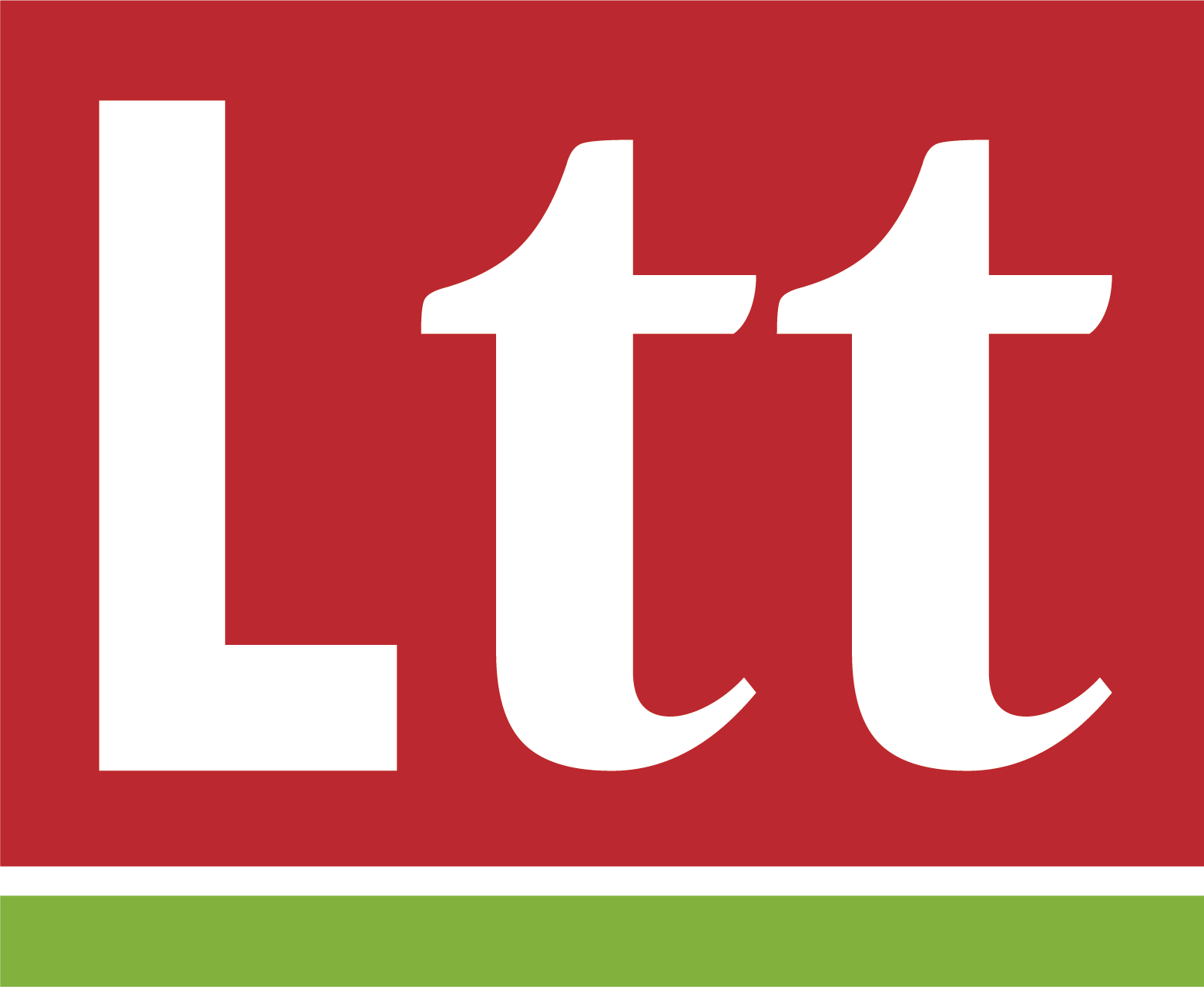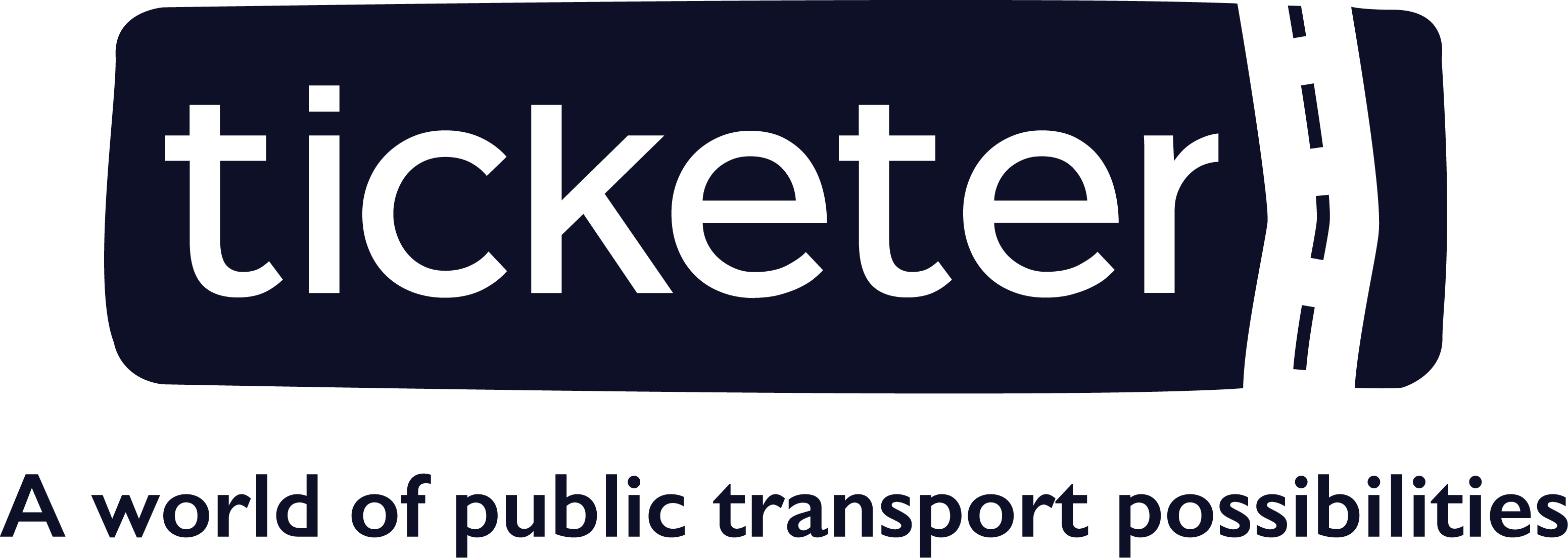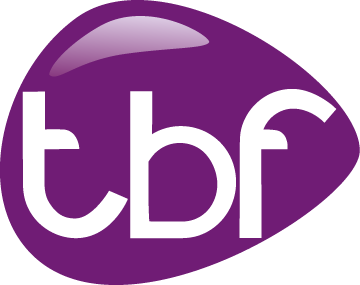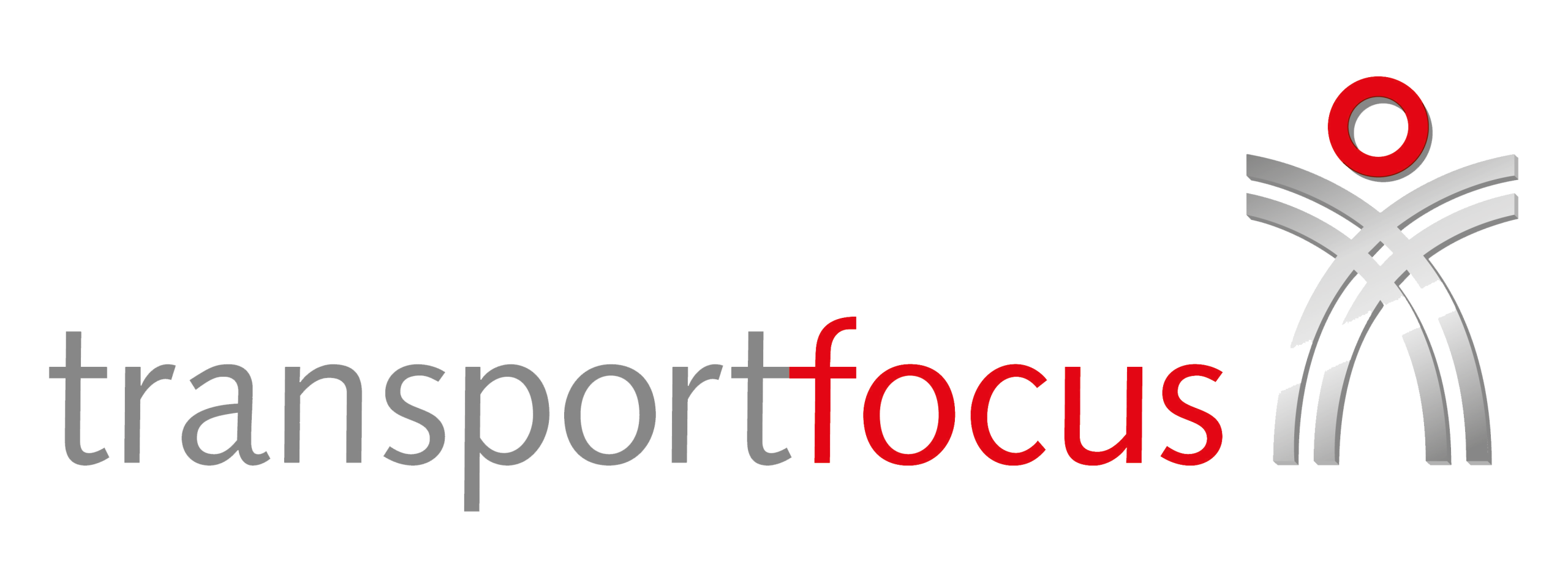The Award for smaller bus companies with fleets of 100 vehicles or fewer, not owned by a public limited company (plc).
Results 2017
Winner, Gold Award
Stephensons of Essex
Stephensons is the largest independent operator in Essex, with a significant presence in Suffolk, operating from six main depots over a wide geographical region. It is the main network operator in very few of these areas making stakeholder relations challenging. However, members of the management team attend meetings of the main local bus user groups, the regular Transport Representatives Meetings held in each Essex district, and the MD is a member of the Essex Bus Strategy Board as well as Vice-Chairman of CPT Essex which meets regularly with the authority. The company has a signed a Punctuality Improvement Partnership in Suffolk, and is in the final stages of agreeing a similar document in Essex. Just under 50% of the company’s operations are operated on behalf of either Suffolk or Essex County Councils, including conventional contracts but also de-minimus agreements and scholars ticket purchases. All contracts in both counties are now awarded 100% on price, but notwithstanding this challenge, the company has continued to invest heavily in vehicles, route branding, staff, technology and communication. The company’s successful philosophy is to operate small depots with small teams of friendly drivers delivering reliable services, with minimal layers of bureaucracy, supervision and management, coupled with an ability to respond swiftly to opportunities where they arise.
The judges noted that Stephensons is a good example of an operator that’s getting the basics right and providing a good service for its customers. The company has successful picked up route where other operators have failed and the judges commented that services in Bury St Edmunds seemed to be running particularly well.
Winner, Silver Award
Prentice Coaches
Prentice Coaches is a family owned and run bus and coach operator based in Haddington, the County Town of East Lothian in south east Scotland. Established in 1991 as Don Prentice Coaches, originally and primarily a coach operator, it has also run bus services for most of that time and gradually expanding this side of the operation until it now accounts for over 60% of the business. Prentice Coaches is a forward thinking innovative company (it introduced live bus tracking in early 2013) that believes in running modern eco-friendly buses, kept in immaculate condition. It couples this with an old fashioned customer care ethos delivered by staff who take immense pride in delivering 21st century transport to its community. The company is not afraid to diversify and look for new opportunities, and it is a matter of some pride that in every single trading year the business has made a profit. Prentice also has a sense of duty to the local community, stepping in several times at short notice to replace essential local services cancelled by the previous operator. It did so again in August last, on a commercial basis, when no other operator was prepared to replace a service withdrawn by one of the major groups. It has taken those failing services, and by running new, attractive vehicles which are driven by people who take a great pride in their job, turned them around and made them profitable and substantially increased passenger numbers.
The judges commented that Prentice Coaches punches well above its weight for a small operator, offering its customers free wifi, developing it’s own app and having a very effective social media presence. They were pleased to see the company take over routes abandoned by other operators at short notice and turning them around into profitable services.
Winner, Bronze Award
Ensign Bus Company
Ensign Bus Company is a rare independent as it operates a fully commercial network, where it sets fares, timetables and routes that fail or succeed by attracting and retaining passengers. ln a year that saw difficult operating territory become even harder with the UK’s largest road improvement works on the A13/M25 junction continuing for over 18 months. Despite this, revenue improved and lost mileage was reduced, a real refection of the hard work put in by so many staff in very trying conditions. Following the success of the BCI tri-axles that entered service last year, 10 new 10.8 metre versions have been entering service this year, reflecting an investment of over ú2m in new vehicles. The network has been built in an area that historically has always had a poor bus service and has been abandoned by both nationalised and plc groups in the past. Ensign operates 24/7, 365 days a year and covers some 8,000 rail shifts, 2,000 private hires, (including 600 weddings) as well as selling over 700 buses a year. There cannot be many independents or otherwise who undertake such a wide ranging and successful collage of operations. The company prides itself on manning 24/7 telephone service allowing customers to speak to a person. “We do not, and have never, owned an answering machine,” the company says!
The judges described Ensign as an operationally led operator delivering profitable services in difficult operation territory. They were pleased to see investment in new vehicles and a round-the-clock Twitter feed giving good updates on issues with congestion and travel information.
Finalists
Central Buses
Birmingham based Central Buses’ core value is to deliver ‘world class’ customer service every time. All drivers are trained in customer care and passengers who are not satisfied with an aspect of their journey can speak to the driver and receive a Free Journey Voucher to try the company’s services again. Central Buses has signed up to the West Midlands Bus Alliance with commitments to: increase bus patronage by 5%, improve peak time journey speeds, have fare rises of no more the Retail Price Index +1% per annum and maintain customer satisfaction levels at over 85%. It also agreed to offer discounted travel for everyone under 19 years old, integrated ticketless travel and make improvements on board vehicles such as better seating, next stop announcements and wifi. Central Buses continues to work in partnership with other local authorities and most recently has signed up to a program to roll out RTI at bus stops in Staffordshire. The company has seen passenger growth and route expansion by developing a network of sustainable commercial services and delivering ‘world class’ customer service.
The judges noted Central Buses impressive passenger growth, helped with the creation of new routes and taking over services abandoned by other operators. It has established itself as the major operator in Tamworth.
Marshalls of Sutton on Trent
A family company established 28 years ago with over 40 years of experience in passenger Transport, Marshalls of Sutton on Trent has a proud history and tradition. The company started operating school services for Nottinghamshire County Council shortly after opening in 1989 and maintains a strong relationship with the Council. In 1991 the seeds of a network of services accessing the Grantham Grammar Schools were sown, and this network now comprises six double deck buses, all run on a commercial basis. In 1998, Marshalls won its first contract for off-peak services between Newark and Retford, a route which is now served all day on a commercial basis. Hourly services between Newark, Nottingham, Normanton and Hawtonville as well as supported services around the Bingham area are also operated. Marshalls regularly investing in vehicle and equipment upgrades and was the first in the area to offer wheelchair access on service buses. The philosophy of the company is summed up in this extract from the Staff Handbook: “Customer satisfaction has been, and continues to be, the cornerstone of our success. Our aim is always to provide our customers with a quality of service which meets or even exceeds their needs and expectations. Our success in this will reflect in the customers’ willingness to use our services again. Customers are the reason we exist. They are not dependent on us – there is always an alternative – but we are dependent on them.”
Operating in a rural area with a small population, the judges were pleased to see that Marshalls was making a success of routes dropped by other companies.
Who could be nominated?
This Award is open to operators of registered local bus services which are independently owned and with operators’ (‘O’) licences for up to 100 vehicles. Judges were flexible in accepting entries for otherwise eligible companies with larger numbers of discs within a margin of 10-15%.
In this context, ‘independently owned’ means not in the sole or majority ownership of a public limited company (plc), a local authority or a holding company which owns three or more bus operating subsidiaries.
… and by whom?
We welcomed nominations from customers, local authorities, user groups or bus operators. Self-nomination is acceptable.
Criteria and Entry Requirements (for all Bus Operating Awards):
The short-list was determined on the basis of the quality of the submissions, which needed to:
- Provide the full range of information requested in the Key Performance Indicators section of the entry form
- Address as fully as possible the individual criteria headings on the form.
Nominees were asked to provide information under each of the following headings:
- Customer Relations and Performance: show how the operator maintains and improves customer relations and monitors its operations to optimise performance. For example how it uses:
- technology, including social media, real-time information and mobile phone apps
- other methods of communicating with customers and potential customers including printed information
- customer satisfaction surveys, suggestion and complaint handling procedures and the monitoring of feedback.
- Management of Stakeholder Relations and Partnerships: describe the company’s approach to the management of its relationships with local authorities, LEPs and other community and local business organisations. Describe the work done on partnerships with authorities and other bodies and state how it fosters and contributes to the life of the communities it serves.
- Where operated, with the approach to and results of delivering local authority contracted local bus services should be described.
- Market Growth and Development: show how the operator contributes to sustaining and expanding the market for public transport in their area by
- offering different payment methods and range of tickets including discounts for specific groups, for example young people
- providing a range of commercial services at different times of the day and days of the week
- introducing innovations over the preceding twelve months
- The descriptions and examples should be supported where possible by statistics to confirm patronage and revenue trends and by evidence of modal shift.
- Employee Relations and Training: provide evidence of the company’s employee relations policies and any discernable outcomes, including;
- diversity
- equal opportunities
- training, including CPC progress
- employee development programmes, such as advanced driver training and testing
- other initiatives and/or practices that engender staff loyalty.
- Health, Safety and Risk Management: demonstrate the company’s approach to risk assessment in all its activities including;
- a commentary on Health and Safety issues for the past year, supported by reports on any significant incidents,
- showing how the company assesses the impact of its activities on staff, passengers and the general public and has monitoring and control measures to reduce risk and the level of the residual risks.
- Environmental and CSR Matters: describe the operator’s approach to environmental matters and social responsibility and consequential outcomes.
- Policies on diversity and accessibility: state whether there are policies for different customer groups, for example recognising disability and diversity, and/or deprived localities and specifically describe the operator’s approach to improving or promoting the accessibility of their product for people with various types of mobility difficulty.
- Serious Complaints and Enforcement Action: state whether or not the company was referred to the Bus Appeals Body within the last three years prior to submission of this entry. If so, the issues and the outcome need to be described. Entrants should also state whether or not there has been any Traffic Commissioner action in the three years prior to entry or whether any investigation, disciplinary hearing or known VOSA report is ongoing at the time of entry. If so, provide a full account of the matter(s).
Shortlisted entries are being assessed by ‘mystery travellers’ to monitor the standard of service delivery.






